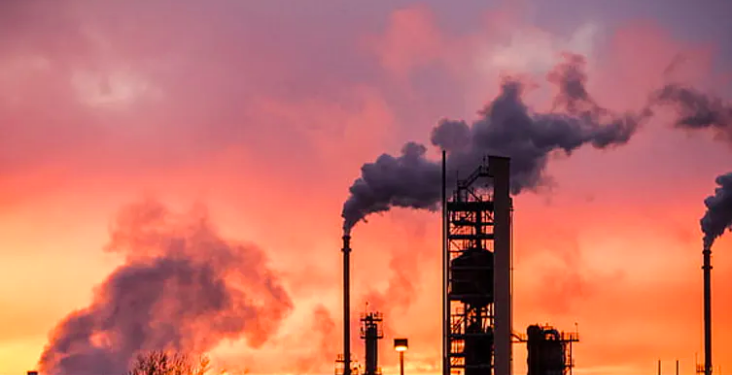After Ghana discovered oil and gas in 2007, the government and civil society aspired to avoid the “resource curse”. This is when countries have an abundance of non-renewable natural resources but no economic growth.
Nigeria, Sudan, Angola, Cameroon, Equatorial Guinea and Chad are among the oil producers that have failed to channel their resources into the material improvement of their countries and people.
To avoid a similar fate, Ghana enacted a Petroleum Revenue Management Act in 2011. The law created the Public Interest and Accountability Committee, with a mandate to ensure accountability and transparency in the management and use of oil and gas revenue.
Although there are several published studies on Ghana’s oil and gas sector, very few have looked at this committee. Our study provides a nuanced understanding of the successes and failures of this institutional arrangement.
We also came up with some recommendations for ways to strengthen the committee to deliver effectively on its mandate.
The big wins
Since its inauguration in 2011, the Public Interest and Accountability Committee has recorded some success.
The two major political parties, the New Patriotic Party and the National Democratic Congress, and some state officials use the existence of the committee as indicative of their commitment to good governance. Scholars of the resource curse consider good governance to be an important factor in whether natural resources benefit a country.
READ MORE Ghana: Debt repayments greater than health or education spending
Citizen participation has also been encouraged. For example between 2017 and 2019, the committee held regional workshops with citizens to discuss areas of investment from oil revenue. The choices made by government in its expenditure of oil revenue aligned with suggestions made by citizens.
In eight years, the committee has produced 16 reports on the activities of the oil and gas sector, as required by legislation. All of these reports have set out findings and recommendations, with a view to enhancing transparency and accountability. In 2011, for instance, the report noted that not all payments that were expected to go into the Ghana Petroleum Holding Fund had been reported as required.
Weaknesses
But the committee also has challenges that have undermined the full realisation of its potential.
First of all, there is the conflict of genuine buy-in by donors on the one hand and the “unswerving support” by the government of Ghana on the other hand.
As pointed out by another author:
… the Petroleum Revenue Management Act 2011 was mostly motivated by donors’ concerns about the alleged corrupt and the “inept” Ghanaian/ African state’s abuse of finances, it was designed to safeguard revenues after they have been paid into government coffers.
The committee’s 13 members are drawn from civil society, academia and trade bodies. This makeup was heavily influenced by foreign donors like the German Technical Cooperation and Oxfam America in exchange for financial support during its first six years of operation. The potential danger is that the committee could seek the interest of these international donor agencies rather than the interest of Ghana.
Furthermore, there appears to be lack of clarity in some provisions of the law that set up the committee. It’s not clear which committee of parliament must receive and act on reports.
Finally, there are no regulations to accompany the petroleum revenue management act. Regulations are needed to interpret the act and make it work in practice.
Conclusions
Having a progressive institution like Ghana’s public interest and accountability committee is, on its own, no guarantee that oil and gas wealth will be used to benefit the country.
We believe there are a few ways to enable the committee to perform its duties more effectively. First, its recommendations should be debated and implemented by Parliament and the Attorney General.
It should have a permanent relationship with the attorney general’s department to investigate and prosecute public and private officials who may be causing loss to the state. This is a significant problem due to perceived bias in the justice system.
Secondly, we recommend that the committee submit its budget to a select committee in parliament to assess and approve. It should then be sent to the finance committee for consideration before approval by parliament.
Finally, the committee should find innovative ways of compelling the government to adhere to its recommendations. This can be done using various social media platforms for public education and advocacy. In this way ordinary Ghanaians and civil society groups will be informed and be able to exert pressure.![]()









